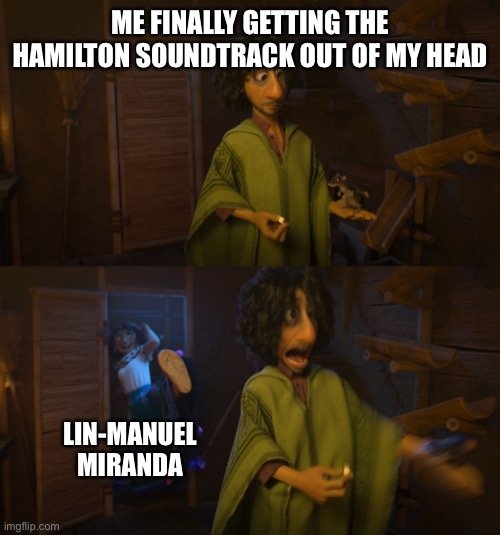Let’s get down to the parts of this story that relate to writing. This is a mystery so warning: MASSIVE SPOILERS AHEAD!!!
After an experience of her deceased mother delivering her a cryptic warning as a child, Edith Cushing has grown up as an aspiring writer of supernatural fiction. The early scenes of the film focuses heavily on her writing ambitions and how society mocks her efforts. An exchange between Edith and the mother of her childhood friend shows how little she cares about their opinions, as well as her attempts to build a somewhat morbid reputation.
“…our very own Jane Austen. Though she died a spinster, didn’t she?”
“Actually, Mrs. McMichael, I’d prefer to be Mary Shelley. She died a widow.”
Edith shows up early at the publishing office, covering in ink from doing corrections while she waits. THE NOVEL IS NEVER DONE - I TELL YOU!!!! Movies that take places in the mid- 1800s up through the 1910s always show the publisher or editor reading the whole manuscript while the writer sits there anxiously. How do they do this? Do the pair sit there four hours together in uncomfortable silence? Is this potential buyer just skimming? Are there bathroom breaks?
Either way, the scene in Crimson Peak keep this pattern of Edith on the edge of her chair while the publisher (played by Jonathan Hyde who still haunts my childhood at Van Pelt, the hunter from the original Jumanji) criticizes her for being a woman who wrote a ghost story (“It’s not! The ghost is a metaphor for the past” as Edith insists) without love story in it.
Despite the rejection and her decision type her stories from then on to hide her gender, Edith’s father buys her a beautiful fountain pen. I point this out because the pen is important a the end of the story. She also, as she is typing out this manuscript for another attempt at publication, meets the dashing rogue of the tale, Sir Thomas Sharpe Baronet. He compliments the story in front of her, not knowing she is the author. Seriously, if Tom Hiddleston complimented my writing I would probably marry him too (the fact that he is Tom Hiddleston does help, though).
Mr. Cushing has Thomas Sharpe and his sister, Lucille, investigated by a private detective (played by Burn Gorman who will always be Owen from “Torchwood” in my mind) and finds information that make him insist that Edith’s heart be broken so she does not pine too long for Thomas. Thomas does this in the masterful stroke of her attacking her novel. He gets mean, basically she her characters have no realism or true emotion, just the mimics of characters from other books. Harsh, dude! Harsh.
As this is a horror story, Edith’s father then dies in a violent and mysterious way, leaving Thomas a chance to apologize and marry Edith. There are only two things in this movie that bug me. 1) a dog get murdered. 2) When Thomas begs the forgiveness of our hero, he talks about a sting that connects his heart to hers. This is line clearly paraphrased from Jane Eyre and Edith, as a writer and reader, should have recognized such a cheesy line.
Arriving at Allendale Hall cuts down on Edith’s writing as she is a new bride in a haunted house with a psychotic new sister-in-law. There is one scene were Thomas asks her the fate of her main character and she honestly tell him that she doesn’t know - how a writer cannot control completely the decisions their characters make. I’m not going to give away all of the jumps and ghostly entities, but I want to go back to the theme of Edith as a writer.
In climax of the film, when Edith discovers she is trapped in a Bluebeard plot of greed and incest, Lucille attempts to force her to sign over the last of her inheritance to the Sharpes. As this battle of wills takes place, Lucille proceeds to BURN EDITH’S MANUSCRIPT! Bitch! Oh no! She did not! Edith proceeds to stab Lucille in the shoulder with the fountain pen her father gave her. You get it? It’s like a metaphor or something.
The film ends with Edith writing the tale of Crimson Peak, revealed to the audience in form of a published book. So, she’s finally a published writer after all. Happy ending. Right.

































